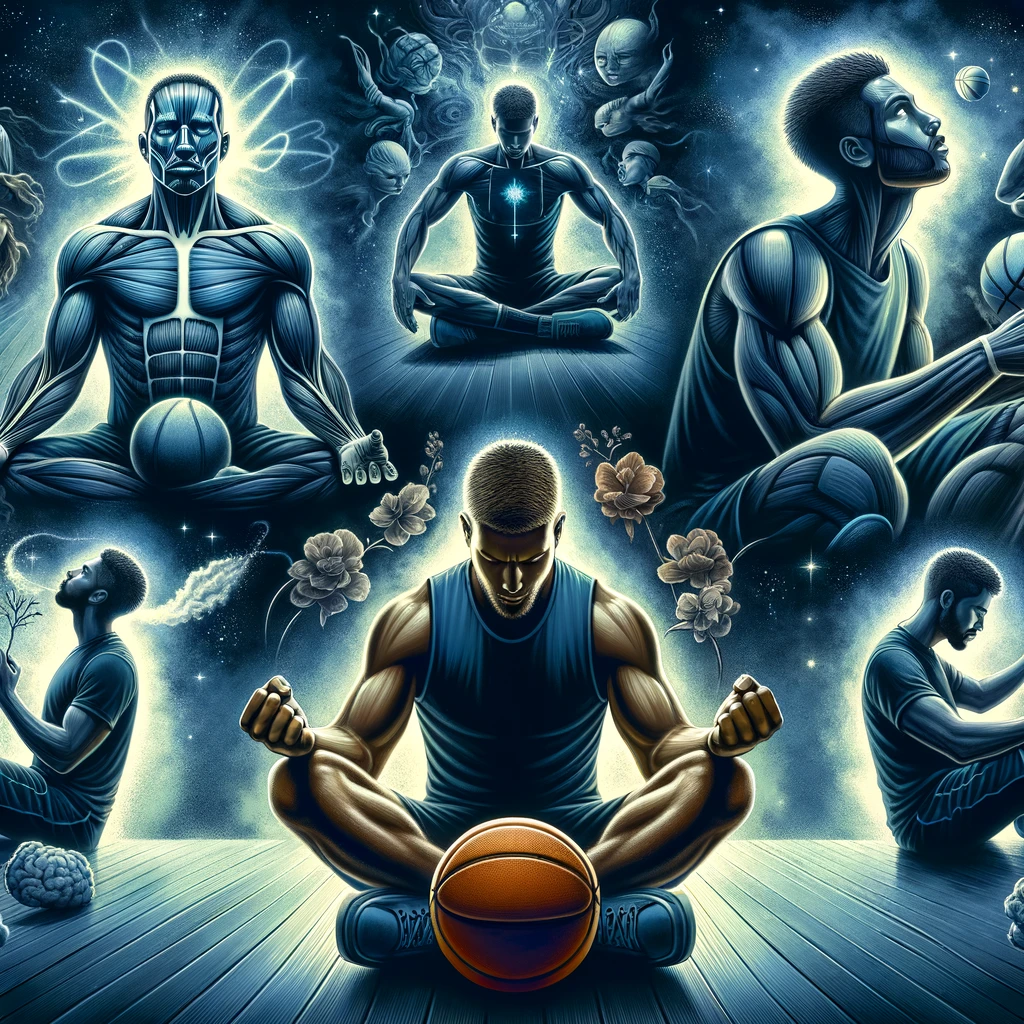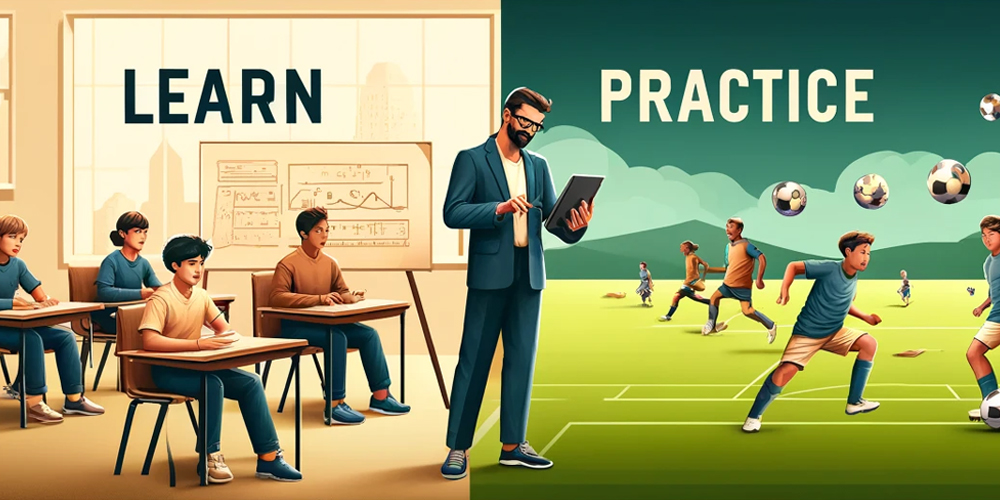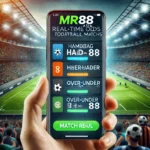Basketball is not only a physical game but also a mental one. Developing mental toughness and enhancing focus are crucial for players looking to excel at high levels. This guide explores key psychological strategies that help players maintain peak mental performance during training and games.

1. Building Mental Toughness
Mental toughness is about consistently performing near the upper range of your talent and skill, regardless of competitive circumstances.
• Consistency in Practice: Regular and intense practice sessions to simulate game pressures.
• Overcoming Adversity: Learning to stay calm and composed under stress and rebound from mistakes quickly.
• Self-Belief: Confidence in one’s abilities, often built through successful experiences and positive reinforcement.
2. Enhancing Concentration
Concentration in basketball involves the ability to maintain focus on the task at hand while ignoring distractions.
• Pre-Game Preparation: Techniques such as visualization and meditation to prepare mentally before games.
• In-Game Focus: Staying present during the game, focusing on the next play and not dwelling on past actions.
• Post-Game Analysis: Reflecting on performance to improve focus in future games.
3. Handling Pressure
Dealing with pressure is essential, especially in critical moments of the game.
• Breathing Techniques: Simple exercises to maintain calm and reduce stress.
• Positive Self-Talk: Encouraging oneself to build resilience against pressure.
• Routine Development: Establishing pre-shot routines to boost confidence and reliability under pressure.
4. Team Dynamics and Communication
Effective communication and a good understanding among team members significantly enhance team performance.
• Open Communication: Encouraging a culture where players can speak openly about their thoughts and strategies.
• Supportive Teammates: Building relationships that foster trust and cooperation.
• Conflict Resolution: Addressing disagreements constructively without damaging team morale.
5. Developing Game Intelligence
Game intelligence involves understanding the game deeply, making smart decisions, and improving one’s ability to read the game.
• Study Professional Plays: Learning from professional games to enhance game reading skills.
• Simulation Drills: Practices that replicate game scenarios to improve decision-making under pressure.
• Feedback and Coaching: Regular feedback from coaches to refine strategies and approaches.
Conclusion
Mental aspects of basketball are as critical as physical skills. Players who work on their mental game consistently often find better ways to overcome obstacles and improve their overall performance. Emphasizing mental training in regular practice can yield significant benefits during high-stakes situations in games.





